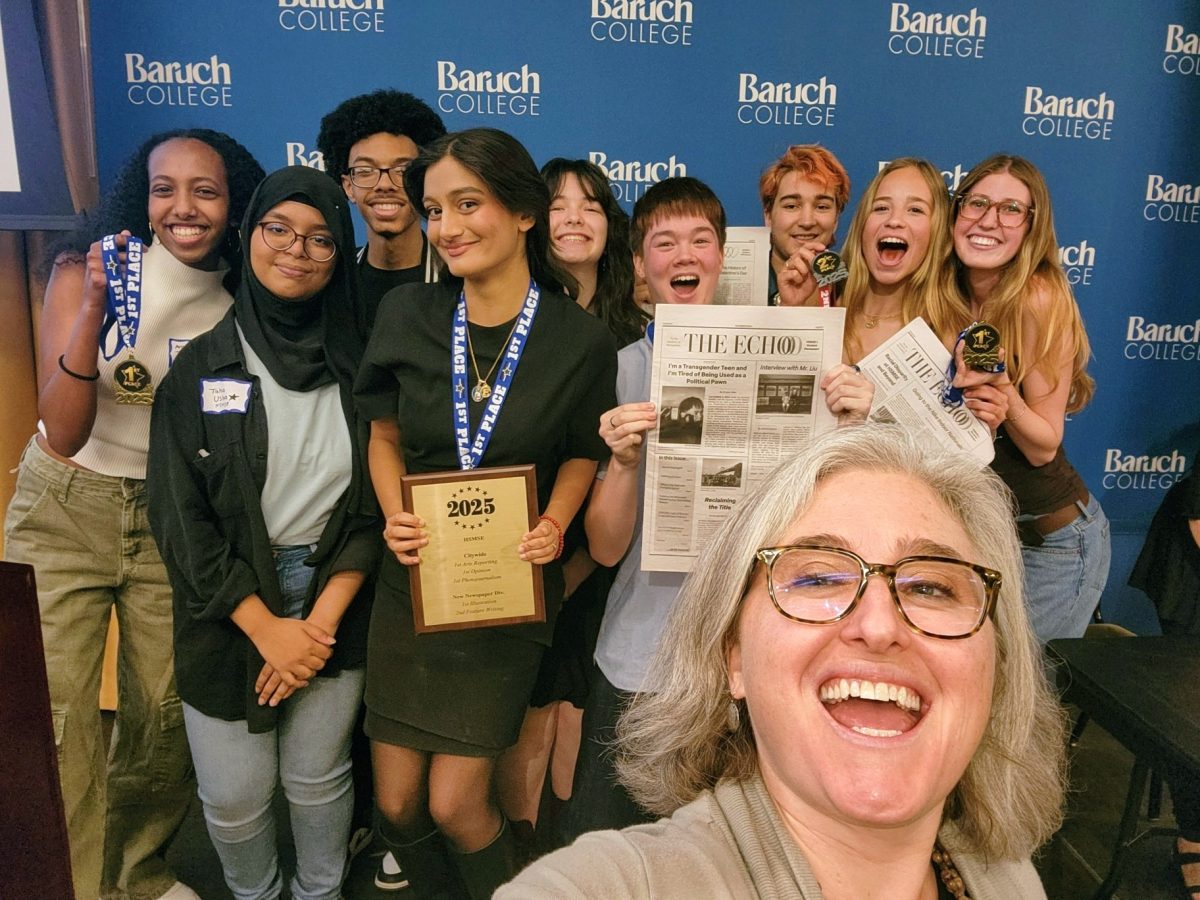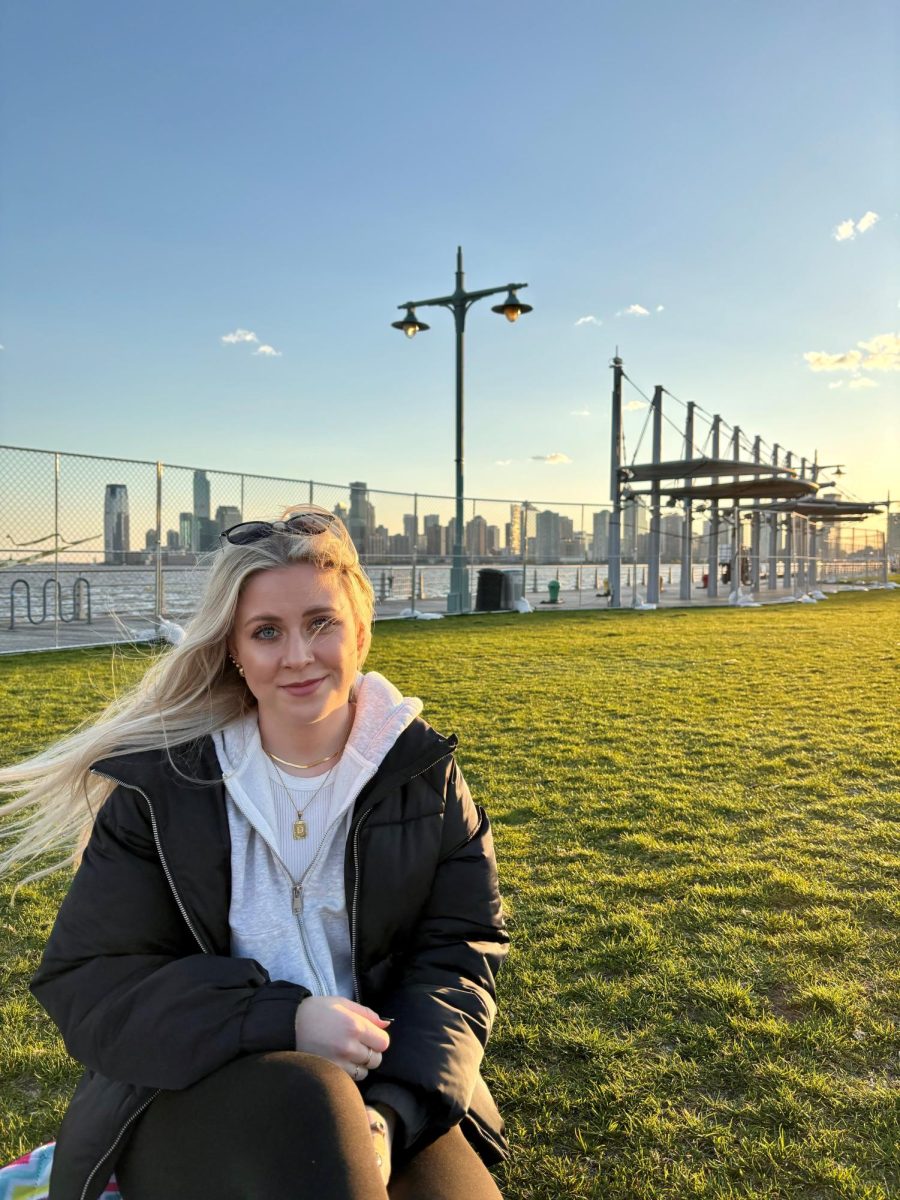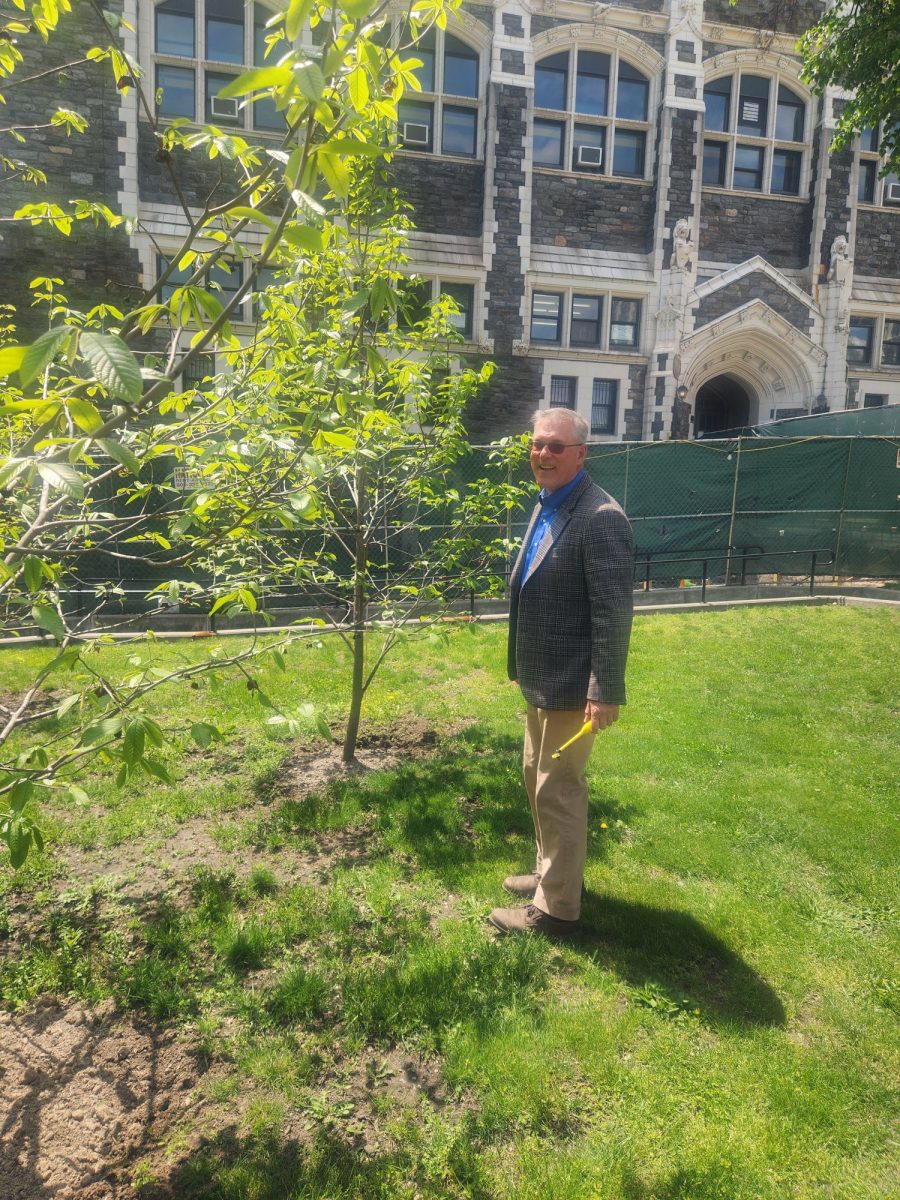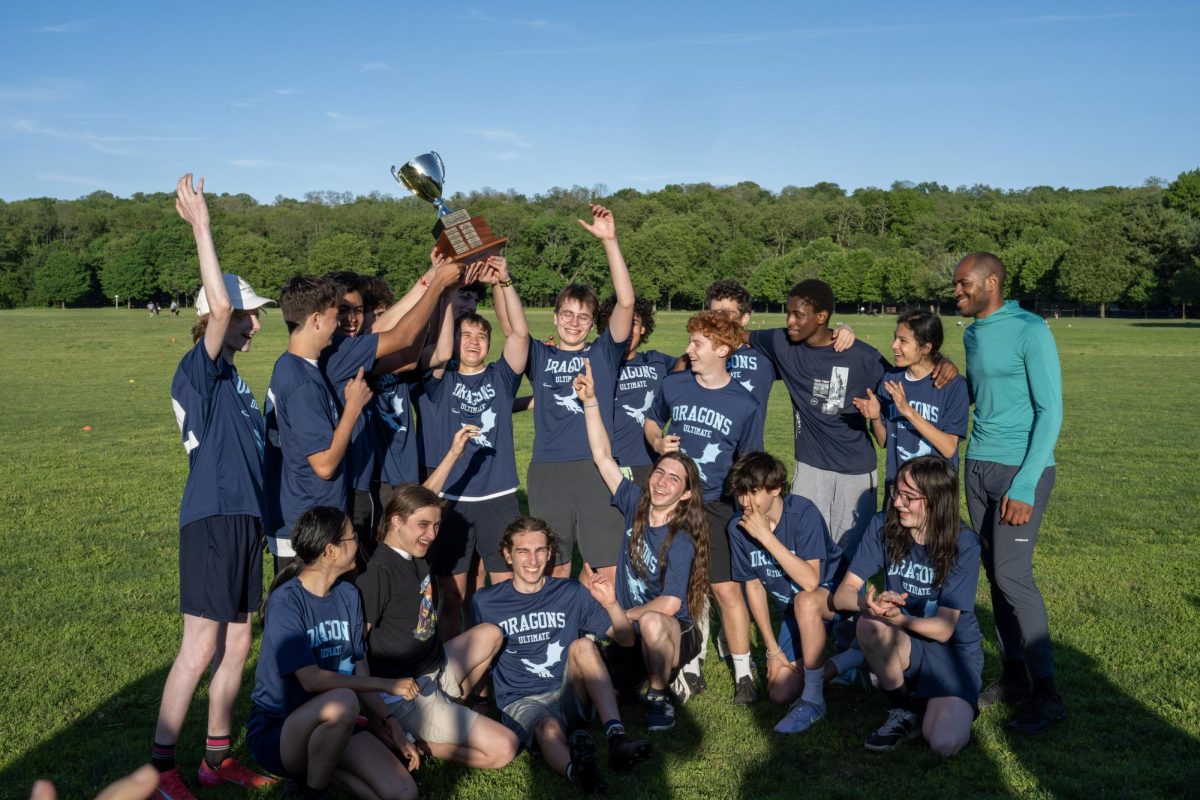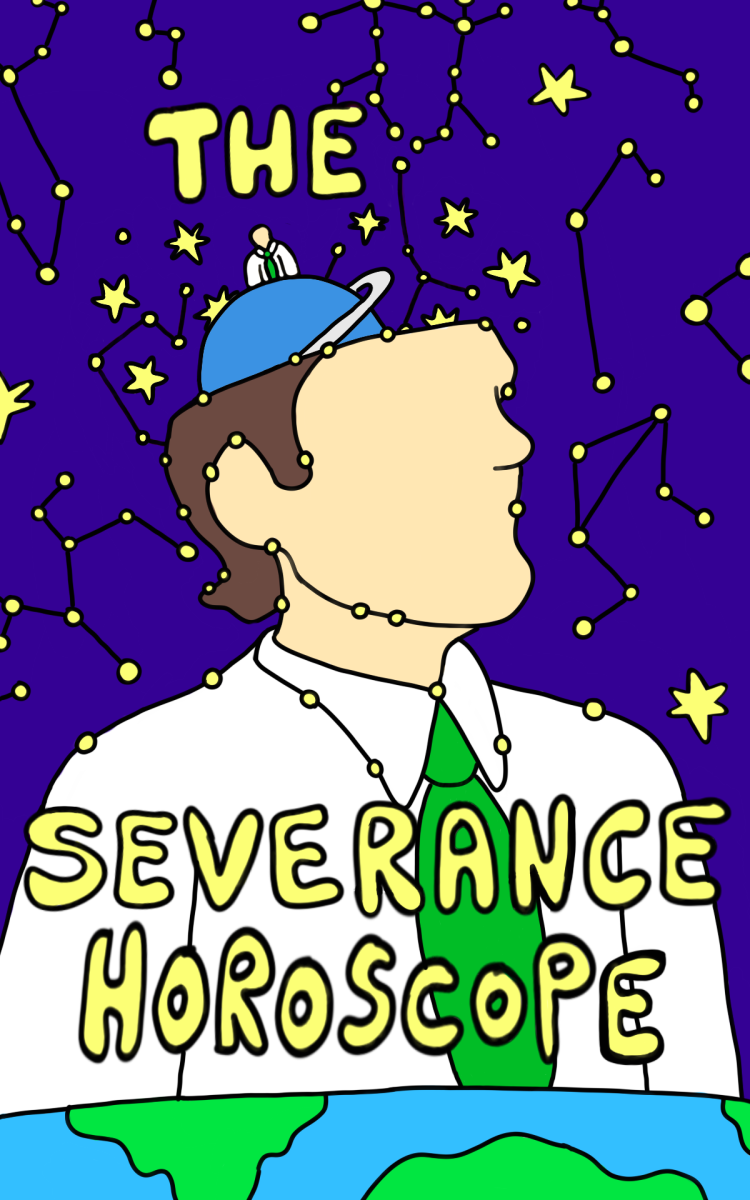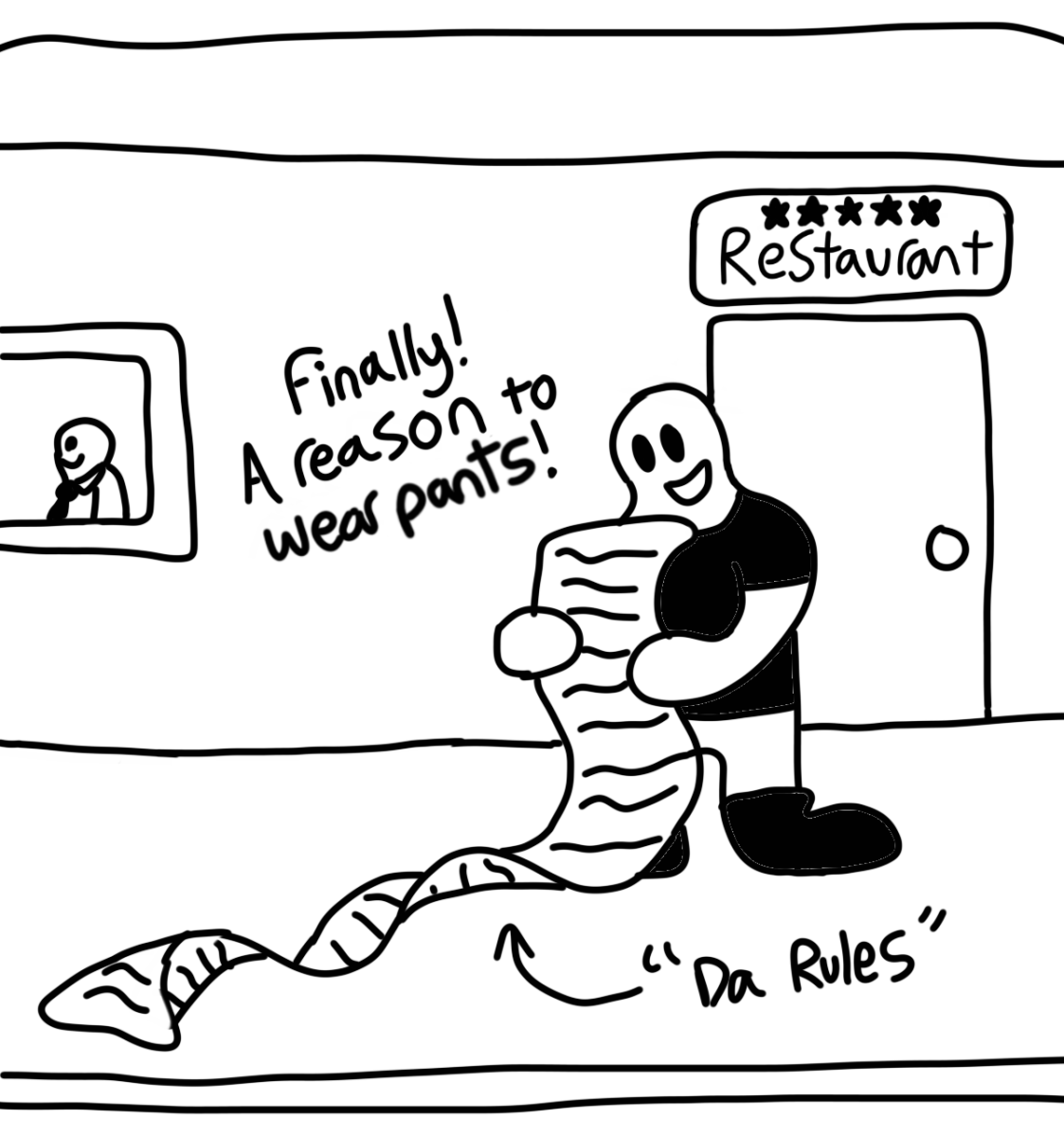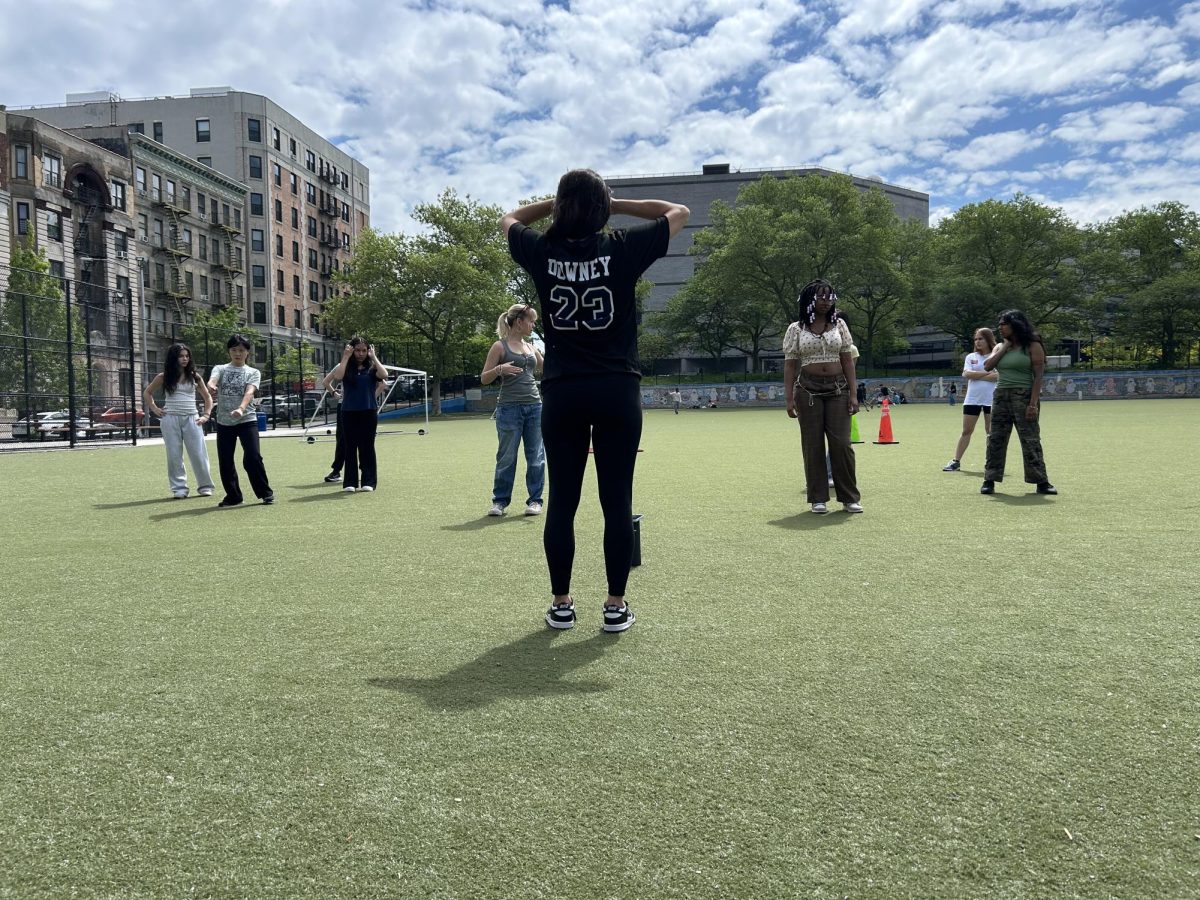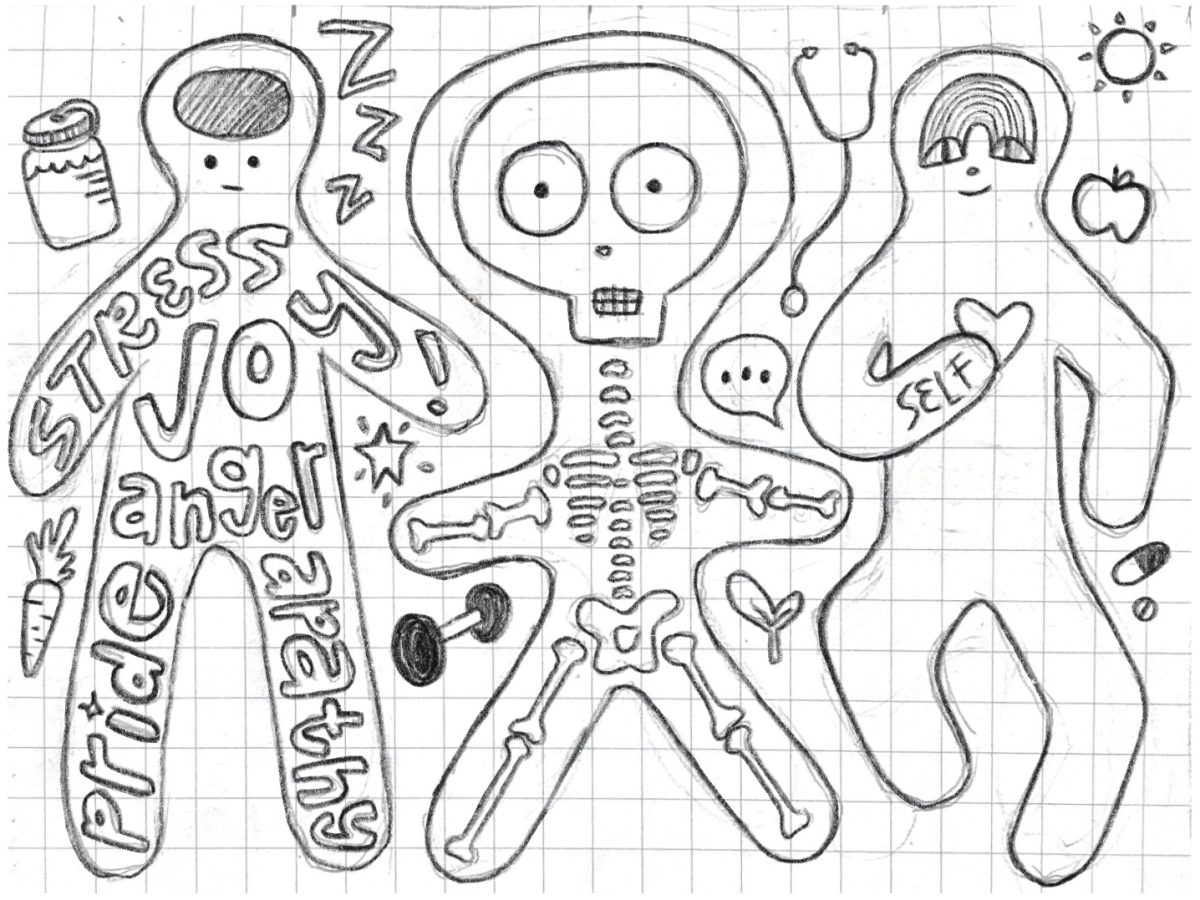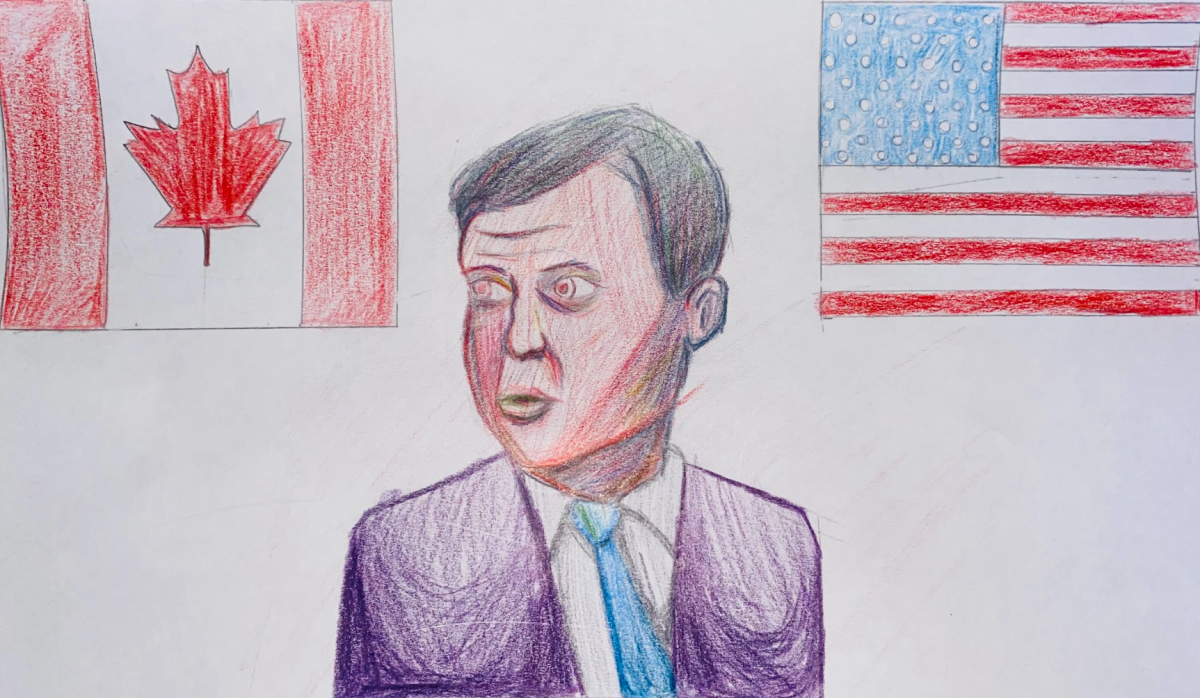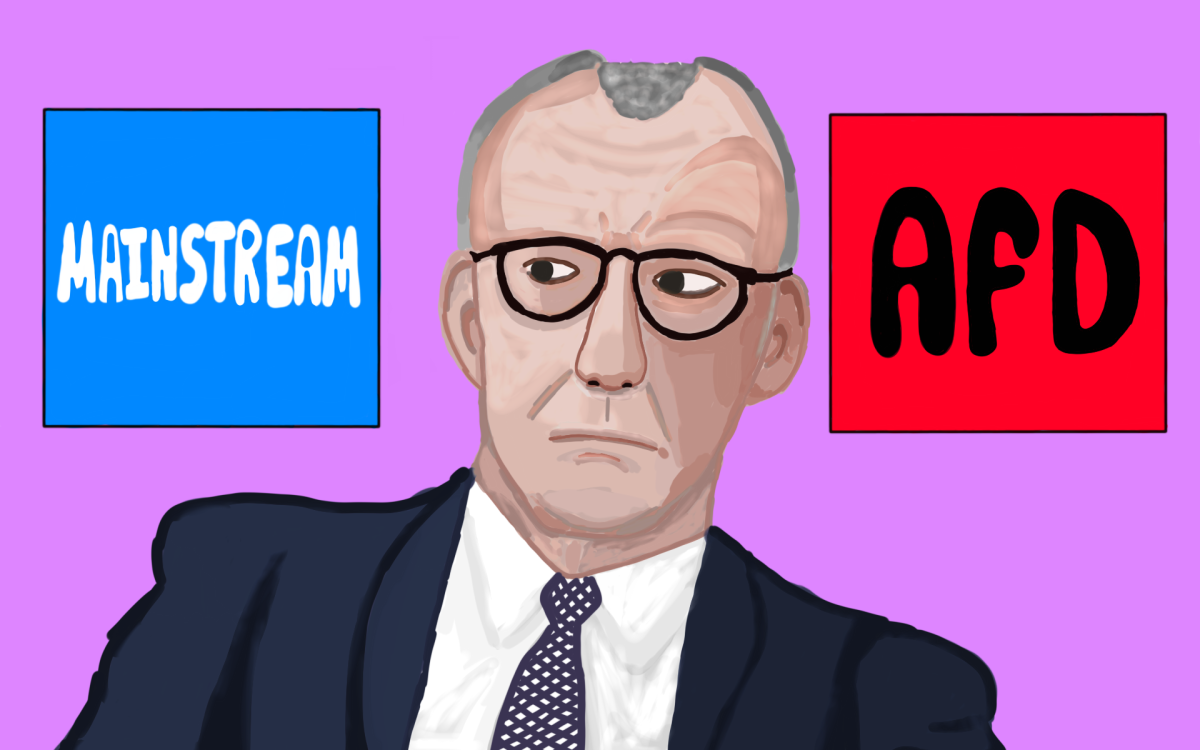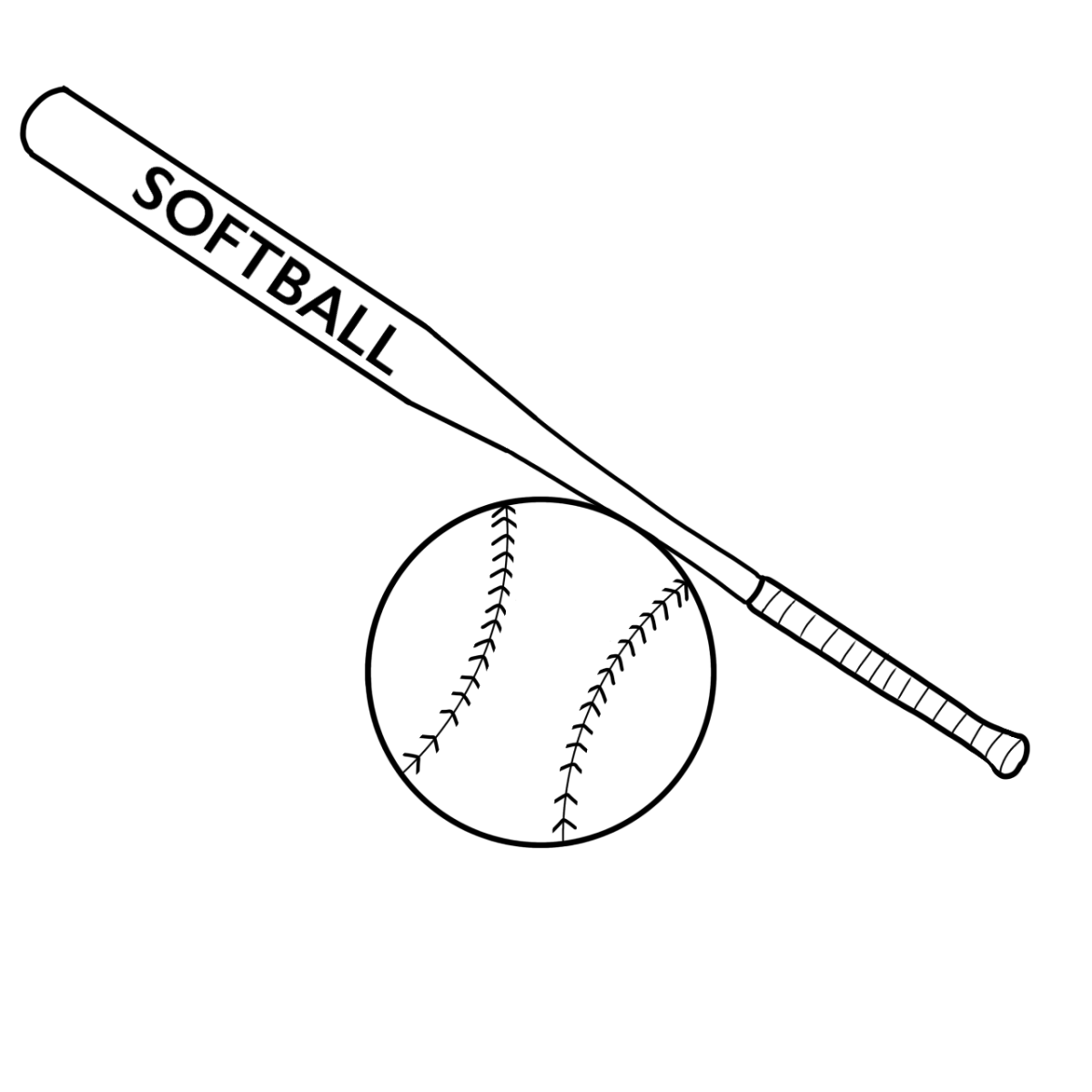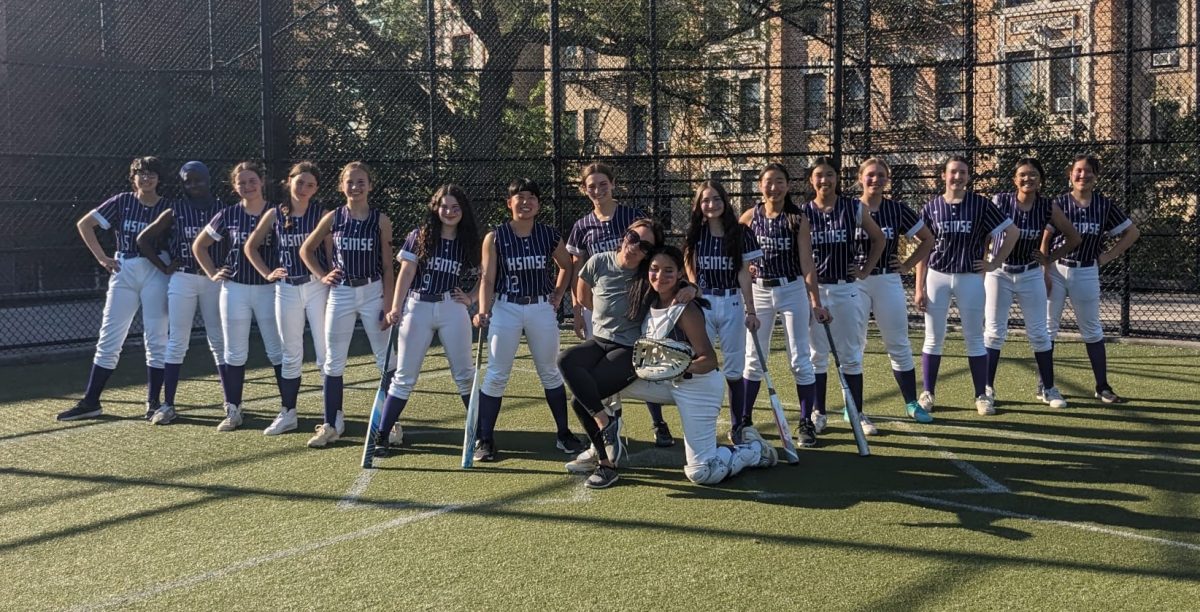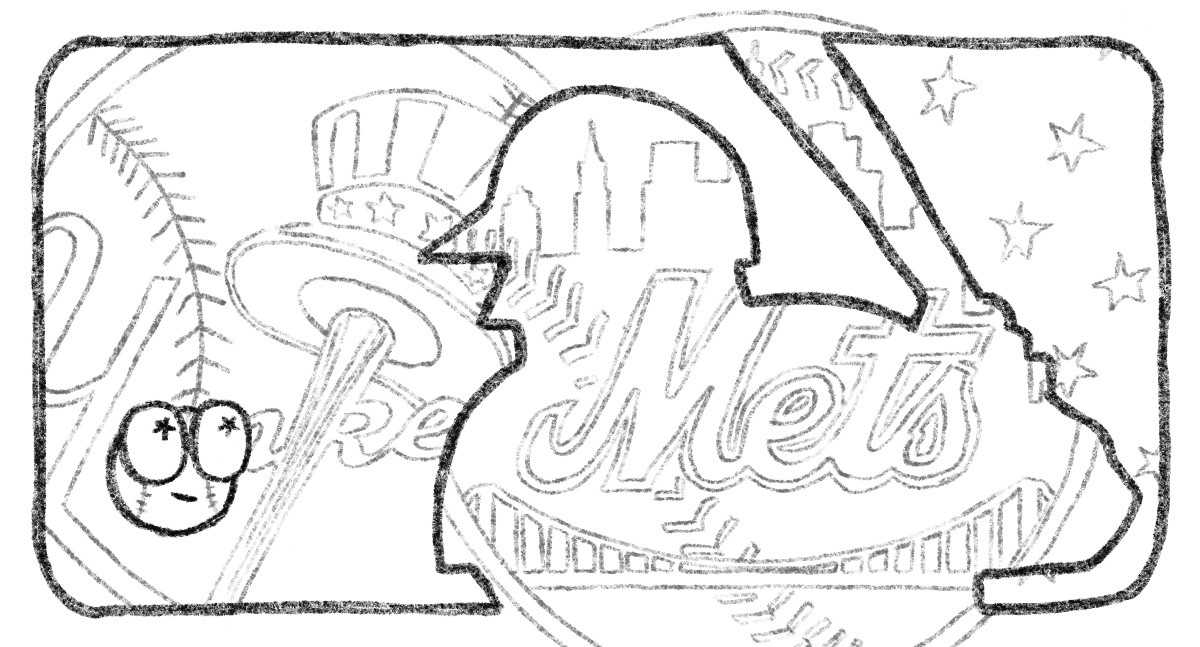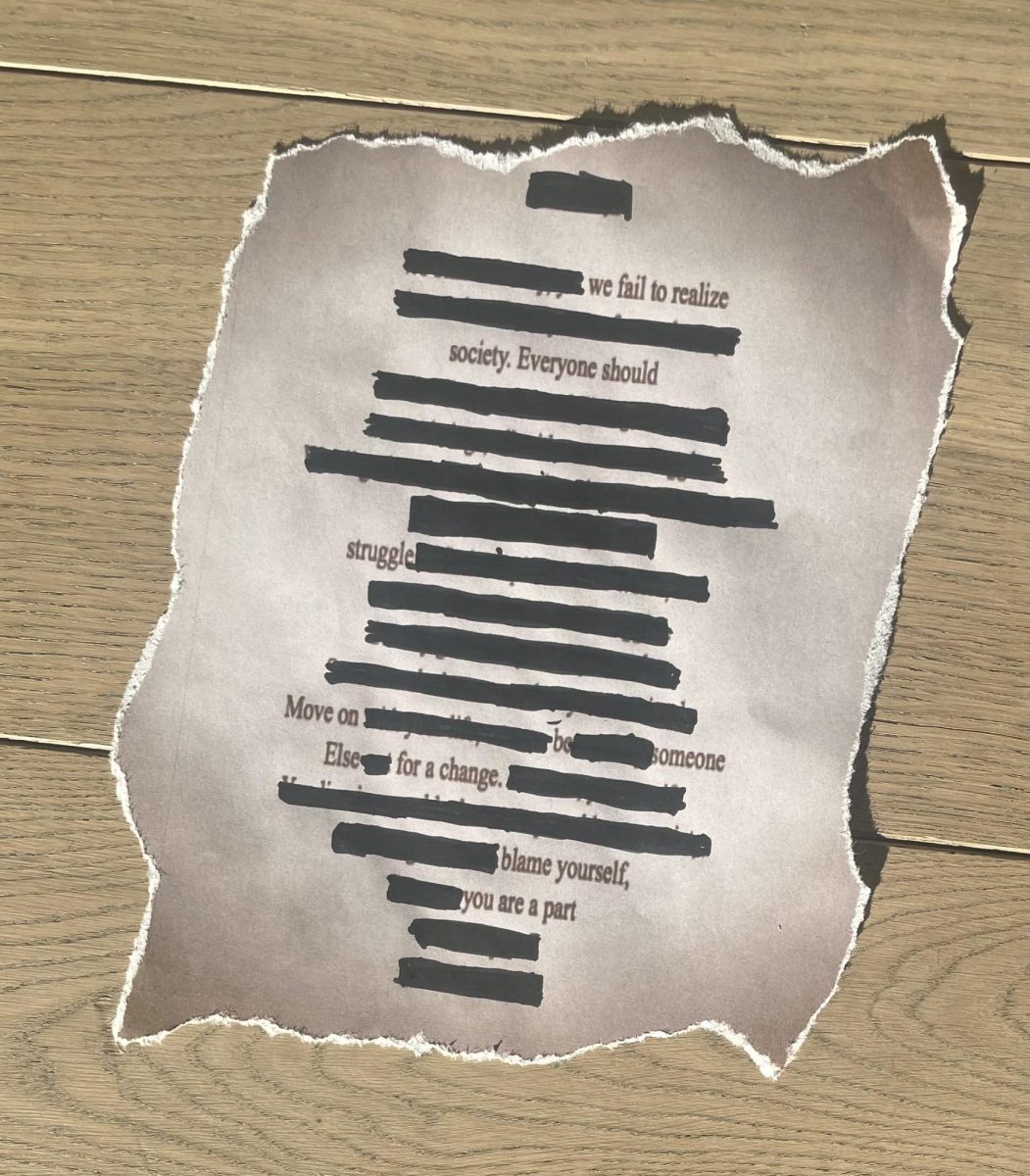Censorship has been the plague of curious minds for centuries, but why bring it up now? Censorship is often an agent of bigotry and discrimination designed to prohibit diversity and representation in public media. Proponents often view it as a way of protecting the general public from indecent or improper subjects of discussion. Even though these opinions may stem from religious or moral beliefs, censorship undeniably infringes on natural rights to freely express and form personal beliefs. Recently, this subject has gained more attention in juvenile media. There is controversy on whether schools, libraries, tv shows, toys, movies, etc., should censor materials that involve topics such as diversity, sexuality, and gender expression. Contrary to popular belief, this issue has spread far beyond conservative borders and is beginning to exist more and more explicitly nationwide. It is becoming more of a threat to our rights as free thinkers and the rising generation of a country we hope to modernize.
It may baffle the majority of New Yorkers, Californians, and other residents of progressive states to imagine this movement making an impact outside of conservative borders, but recent events suggest otherwise. Many have heard of the “Don’t Say Gay” legislation in states such as Texas and Florida, but a more implicit “Hide the Pride” movement has been taking place nationwide for months. Primarily led by CatholicVote, a nonprofit aiming to advocate for catholic values in government, “Hide the Pride” is a movement to remove all LGBTQ+ displays in children sections at public libraries. Essentially, it encourages parents to check out all family-friendly LGBTQIA-related books at their local public libraries to empty exhibits and limit access by placing them in a different or higher section. In addition, they are asking for signatures to eradicate the library displays.
Our very own English teacher, Ms. Walker, reflects on the prominence of this issue back when she was in college textbook publishing. She says, “I worked at various companies, some of which had K-12 publishing. I heard about more issues than I experienced. They aim to sell, and most of their profits come from large state sales. For example, when Texas decided on a textbook for its public schools, the state had to approve it. There were certain instances where they had to edit the books to conform to the local understanding of their history. It was kind of controversial. There were a lot of discussions.”
Particularly in states where local government and religion are tightly intertwined, allowing political influence on public educational resources seems risky. It permits curricula to be easily manipulated by an influential religious presence. It completely breaches religious freedoms by allowing non secular sway in public teachings. She elaborates by commenting that “It is ridiculous that there is actual indoctrination happening. I think that generally, those designing curriculums and teachers themselves are trying to open up the minds of their students. They want to make them aware of what the world is like and the options they will have.”
There were similar reactions regarding the events at Smithtown Library, Long Island. In June 2022, trustees voted to remove their pride month displays and relocate all LGBTQ+-related content in their Children section. Stunned residents, public figures, and politicians did not receive this decision lightly. Nassau County Legislator Arnold Drucker commented to NBC, “[this incident] shows us that we cannot pull the wool over our own eyes for a moment longer by saying, it won’t happen here.” At some point, we must stop justifying our inaction by minimizing the situation. In addition, Dr. David Kilmnick, president and CEO of the New York LGBTQ Network, told NBC, “Our LGBTQ youth are under attack…this isn’t Alabama or Florida or the bible belt — this is Long Island!” In a setting we so often associate with progressiveness, it is disquieting to see such outdated and oppressive policies implemented.
According to the PEN America Index of School Book Bans, 41% of bans between July 2021 and July 2022 were on books addressing LGBTQ+ topics or featuring LGBTQ+ characters. The justification behind the “Don’t Say Gay” and “Hide the Pride” movements is that access to information on sexuality and gender expression is inappropriate for young children to have. The religiously motivated generally argue that the concepts are sinful and have no place in elementary education. The actual reason for the movement seems to stem from their own limited education on these matters and their consequent discomfort discussing them with their children. Parents who have grown up with sheltered curriculums are leading this movement. To me, their protest points to the harmful effects of their educational deficiency rather than the explicitness of present-day juvenile media.
After all, none of the LGBTQ+ media these parents feel obliged to censor contains any more mature or sexual content than familiar fables and fairytales. The only difference is that the classic tales only reference heterosexual romantic relationships. They claim that their children are too young to understand or think about sexuality while they are already exposing them. Banning all LGBTQ+ content does not prevent children from witnessing sexuality, but it does reinforce heteronormativity. By familiarizing children with fairy tales with little diversity or nonheterosexual representation, we are implying that the norm is a monoracial male/female partnership. It increases rejection, hate, and bigotry in our diverse, ever-changing world and excuses bias and prejudice to posterity. A child exposed only to Cinderella, Snow White, etc., will naturally react to seeing a biracial, homosexual partnership or anything other than the norm they see in the media. These parents do not argue that their kids are too young to see Cinderella, but what if it was Cinderella and Princess Cha tu ci rming? What if Snow White was nonbinary? Would the kiss be inappropriate then?
Censoring LGBTQIA+ media does not protect children but biases them. We are not guarding them but setting them up to have a prejudice. We cannot keep justifying our inaction by saying it would not happen here, it is not asking very much, or maybe they are too young. Censorship goes against the most basic ideals of our country. Therefore as the rising generation, it is our responsibility to maintain freedoms and rights and bring our country into the modern, heterogenous world. Every time we let libraries take down pride displays, we prevent someone from growing, forming their ideology, and finding representation. We can instead teach inclusivity, encourage self-discovery, and eradicate this irrational fear of our evolving as a nation. We, as a generation, are required to act because censorship jeopardizes our rights.








